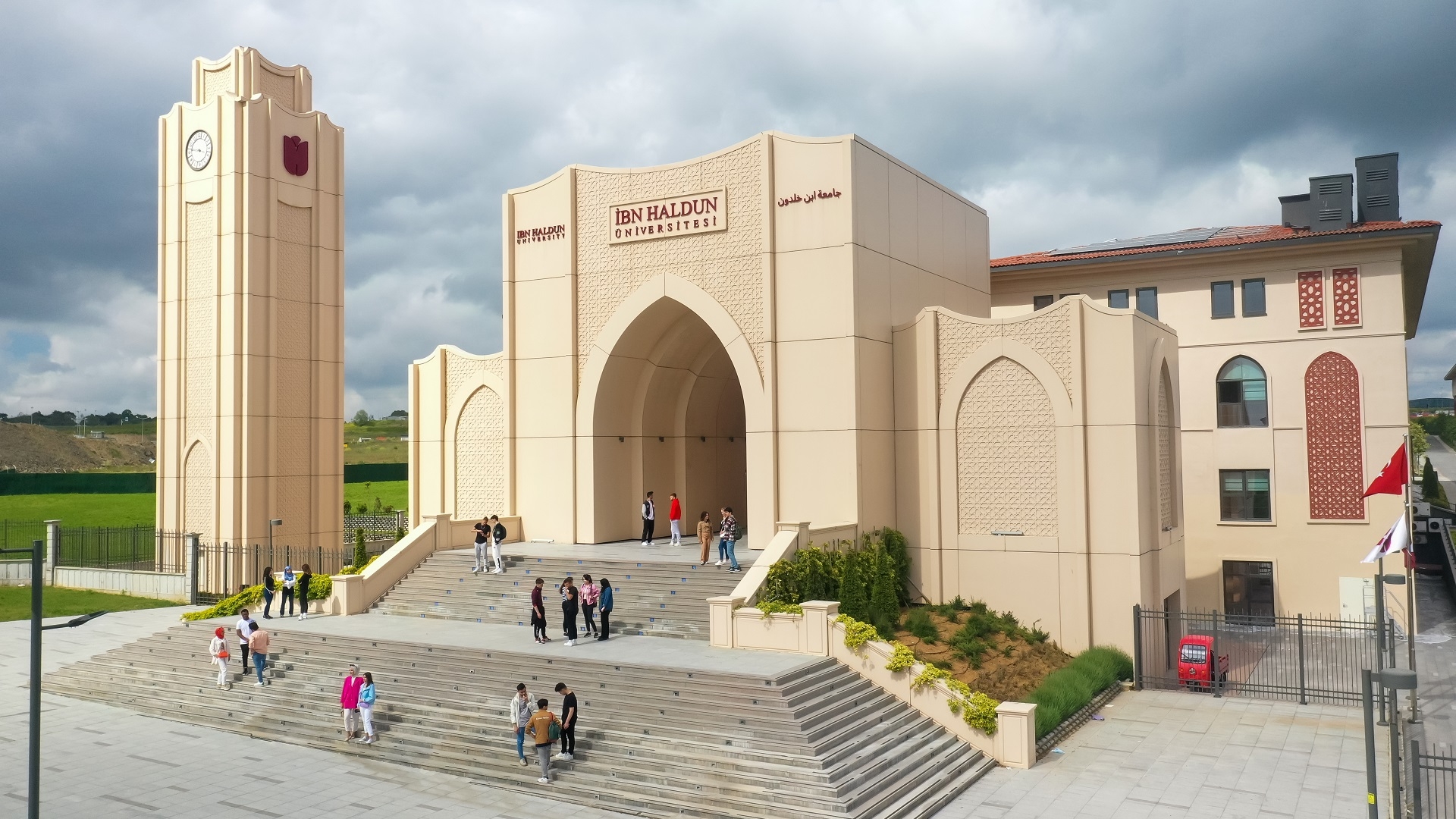


ICHUS-2023 is an international academic congress encompassing various social areas. The mission of ICHUS-2023 is to provide a platform for researchers, academics, and professionals from around the world to present their research findings in the field of social sciences. The congress aims to facilitate the sharing of new ideas, expertise, and experiences among participants, as well as to create opportunities for networking, establishing research relationships, and finding potential collaborators for future projects.
Furthermore, the congress serves as a platform for young researchers to present their work, engage with other young researchers and international communities, and receive valuable insights and advice from successful and senior researchers during the conference. ICHUS-2023 is committed to fostering communication, collaboration, and the exchange of knowledge in the dynamic and diverse field of social sciences.
In the presentation, Şatıroğlu has emphasized that religion, state, and politics have long been focal points in the discourse surrounding Republican Turkey, spanning across history, politics, sociology, and anthropology. She addressed one intriguing topic, which had been overlooked in ethnographic studies until now, within this extensive literature. It was the National Security course taught by military officials during high school. She argued that originating in the Early Republican era, a time when militarization was pervasive globally, this course is not only dissected through political sociology and history theories but is also seen as a pivotal element in individuals' autobiographical construction, shaping societal narratives.
This study transcends traditional historical and political theory arguments, giving voice to those directly impacted by delving into the experiences of women who underwent the National Security Course in Imam Hatip Highschools post-mid-1990s. The research begins by providing a historical backdrop of Imam Hatip Schools and the National Security course, emphasizing the significance of the chosen time period in relation to Imam Hatip schools and religion in Republican Turkey.
The analysis of Şatıroğlu centers on discussions surrounding emotion, memory, embodiment, and space. Utilizing a small-scale ethnographic approach, Şatıroğlu conducted three in-depth interviews, reaching interlocutors through a snowball technique. While modest in scale, the hope is that this work acts as a catalyst for more extensive discussions and ideas on the intersection of education, politics, and personal narratives.